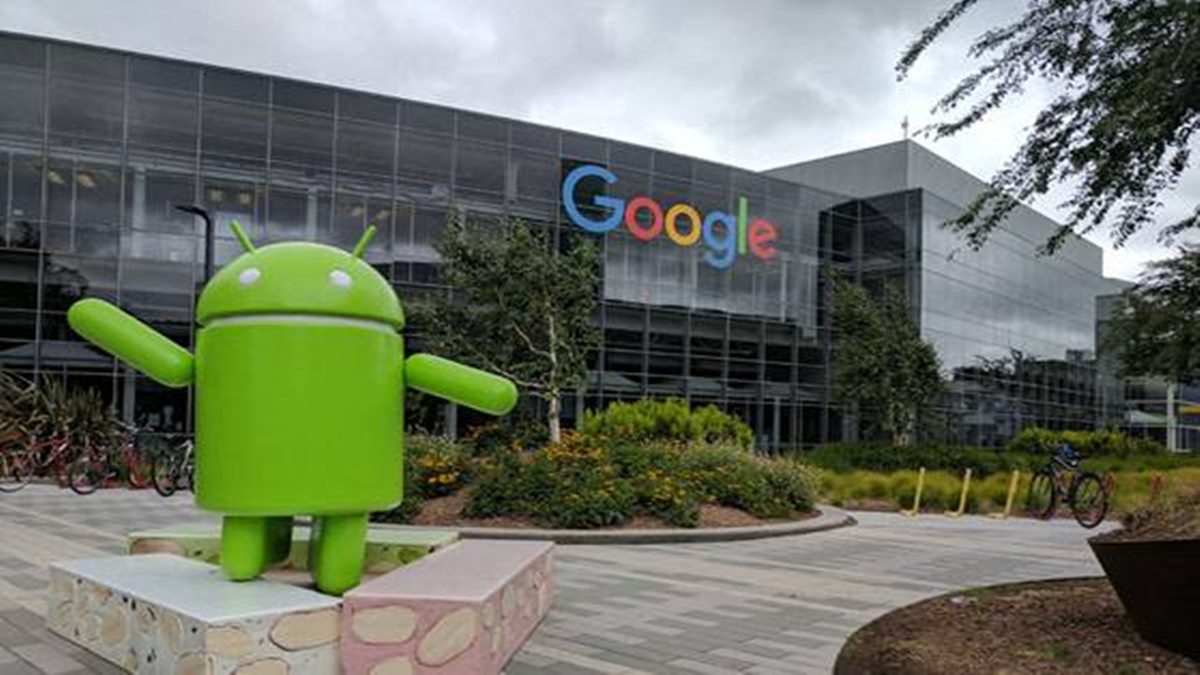Jennifer Dulski, who has held leadership roles at Google and Facebook, believes that the most valuable skills for young professionals today aren’t technical. In an interview with Business Insider, Dulski shared insights drawn from decades of experience in the tech industry, urging early-career individuals to focus on soft skills over hard ones.
Dulski served as Director of Product Management for Google Shopping from 2011 to 2012 and later led groups and community initiatives at Facebook in the late 2010s. Today, she runs a leadership coaching software company and lectures at Stanford Graduate School of Business. Her message to the next generation is clear: adaptability, communication, and proactive thinking matter far more than any specific technical expertise.
“The hard skills you might need change so quickly that you can’t make a list, but soft skills are the real needle-movers to a career,” Dulski told Business Insider.
Adaptability in an Industry That Never Stands Still
Dulski’s tech journey began in 1998 with an internship at Yahoo, where she eventually joined full-time in the marketing department. Over the years, she’s watched the internet evolve from a nascent idea to a constantly shifting ecosystem, from messaging and mobile to streaming and AI.
In Big Tech, she explained, internal reorganisations, shifting market dynamics, and global economic factors like tariffs can upend strategies overnight. To survive and thrive in this environment, being able to adapt quickly is essential.
One example she cited was a role switch during her time at Yahoo. To succeed, she proactively asked to attend meetings with other teams, deepening her understanding of their goals and audience needs.
The Sister Skills: Learning Agility and Relationship-Building
Dulski believes adaptability is closely tied to learning agility, which is the ability to pick up new concepts quickly. As AI reshapes the workplace, those who are willing to learn on their own terms, without waiting for formal training, will have the upper hand.
In her early career, Dulski taught herself HTML to better collaborate with engineers. “Learning to speak the language of the engineers I worked with helped me advance,” she told Business Insider.
Another critical soft skill is relationship-building. Knowing your colleagues as people, not just job titles, creates a built-in support network, one that becomes invaluable during transitions or periods of uncertainty. It also accelerates collaboration. Dulski recalled how her early friendships with engineers helped her execute an experimental idea that impressed company leadership and advanced both their careers.
Take Initiative Early, Don’t Wait for Permission
Dulski emphasised that junior professionals often underestimate their ability to take initiative. The ones who do, what she calls “hand-raisers”, are typically given more responsibility and are noticed more quickly by leadership.
In one early example, she and a colleague proposed a strategy to boost sales between holiday peaks. Their initiative led to a successful campaign and opened the door for them to pitch more big ideas in the future.
“The most successful people in large companies are the ones who ask, ‘How can I help?’” she told Business Insider.
Soft Skills Trump Technical Ones in the Long Run
While Dulski acknowledges the value of technical know-how, like reading a balance sheet or understanding AI, she insists those aren’t what propelled her career forward.
“Soft skills are more valuable in the long term and are necessary complements to the hard skills,” she said. “Adaptability and the ability to learn quickly are way more important than any given hard skill you will learn.”




















